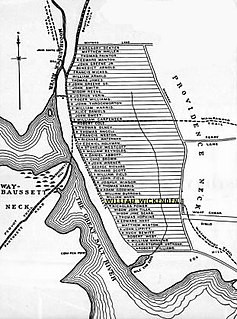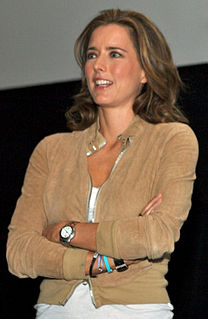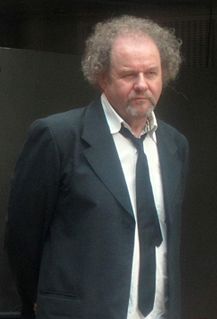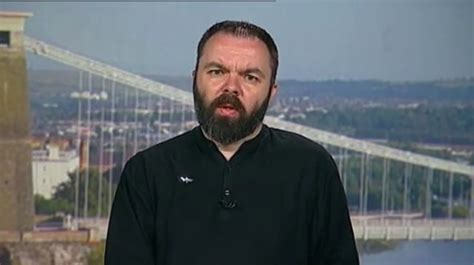A Quote by Pope Benedict XVI
Thus, the apostles' adventure began as a gathering of persons who open to one another reciprocally. A direct knowledge of the Teacher began for the disciples.
Related Quotes
Thus, the apostles' adventure began as a gathering of persons who open to one another reciprocally. A direct knowledge of the Teacher began for the disciples. They saw where he lived and began to know him. They would not have to be heralds of an idea, but witnesses of a person. Before being sent to evangelize, they would have to "be" with Jesus (cf. Mark 3:14), establishing a personal relationship with him. With this foundation, evangelization is no more than a proclamation of what has been experienced and an invitation to enter into the mystery of communion with Christ (cf. 1 John 13).
When I began to listen to poetry, it's when I began to listen to the stones, and I began to listen to what the clouds had to say, and I began to listen to others. And I think, most importantly for all of us, then you begin to learn to listen to the soul, the soul of yourself in here, which is also the soul of everyone else.
I had begun to read books and things and, in fact, one of the persons who started me thinking seriously was an atheist that I, another negro inmate whom I'd heard in a discussion with white inmates and who was able to hold his own at all levels. And he impressed me with his knowledge, and I began to listen very carefully to some of the things he said.
The essence of modernity is that progress no longer waits on genius; instead we have learned to put our faith in the organized efforts of ordinary men. Science is as old as the race, but the effective organization of science is new. Ancient science, like placer mining, was a pursuit of solitary prospectors. Nuggets of truth were found, but the total wealth of knowledge increased slowly. Modern man began to transform this world when he began to mine the hidden veins of knowledge systematically.
Then a dog began to howl somewhere in a farmhouse far down the road, a long, agonized wailing, as if from fear. The sound was taken up by another dog, and then another and another, till, borne on the wind which now sighed softly through the Pass, a wild howling began, which seemed to come from all over the country, as far as the imagination could grasp it through the gloom of the night.



































